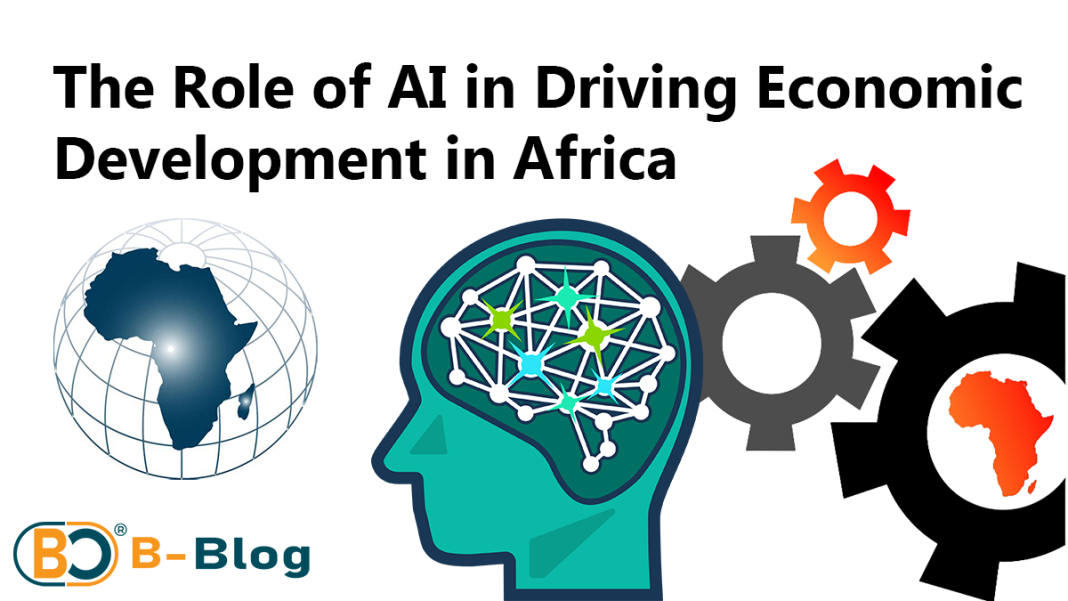Artificial intelligence (AI) is rapidly becoming a key technology in many sectors around the world, and Africa is no exception. The use of AI in Africa has the potential to bring significant benefits and drive economic growth on the continent, and there are already a number of examples of AI being used in various sectors in Africa.
One sector where AI is having a significant impact is agriculture. In many African countries, smallholder farmers make up a significant portion of the population, and they often struggle with low crop yields and a lack of access to information and technology. AI-powered precision agriculture tools, such as autonomous tractors and drones equipped with sensors, can help farmers to increase crop yields by providing real-time data on soil conditions, water usage, and pest infestations. This information can help farmers to optimize their use of resources and make more informed decisions about planting and harvesting. In addition, AI-powered analytics tools can help farmers to better understand market demand and prices, allowing them to make more informed decisions about what to plant and sell.
AI is also being used to improve healthcare in Africa. For example, AI-powered diagnostic tools can help to improve the accuracy of diagnoses and reduce the need for costly and time-consuming specialist consultations. In some cases, AI systems can even be used to interpret medical images, such as X-rays and CT scans, allowing healthcare providers to make more accurate diagnoses without the need for specialist expertise. AI can also be used to analyze large datasets to identify trends and patterns that can help to improve patient outcomes. For example, AI algorithms can be used to predict the likelihood of a patient developing a particular condition, allowing healthcare providers to take preventive measures.
In the financial sector, AI has the potential to improve access to financial services for underserved populations. For example, AI-powered chatbots can be used to provide financial advice and services to individuals who may not have access to a physical bank branch. AI can also be used to analyze data from mobile phone transactions, allowing financial institutions to provide loans and other financial products to individuals who may not have a traditional credit history. This can be particularly useful in Africa, where many individuals do not have access to traditional financial services and are reliant on informal financial networks.
The use of AI in Africa is not without its challenges, however. One major challenge is the lack of skilled professionals with expertise in AI. Many African countries have a shortage of individuals trained in AI, which can make it difficult for businesses and organizations to adopt and effectively use AI technologies. Another challenge is the lack of investment in AI infrastructure and technology. Many African countries have limited resources and may not have the budget to invest in the necessary tools and systems to support the use of AI.
Despite these challenges, the use of AI in Africa is expected to continue to grow in the coming years. The potential benefits of AI are too significant to ignore, and many African countries are already taking steps to invest in the development and adoption of AI. It is important, however, that the adoption of AI is done in a responsible and ethical manner, with a focus on ensuring that AI systems are transparent, accountable, and do not perpetuate biases. It is also important to consider the potential impact on employment and ensure that there are adequate measures in place to support those who may be affected by the adoption of AI. Overall, the rise of AI in Africa has the potential to drive significant economic growth and bring numerous benefits to the continent.



